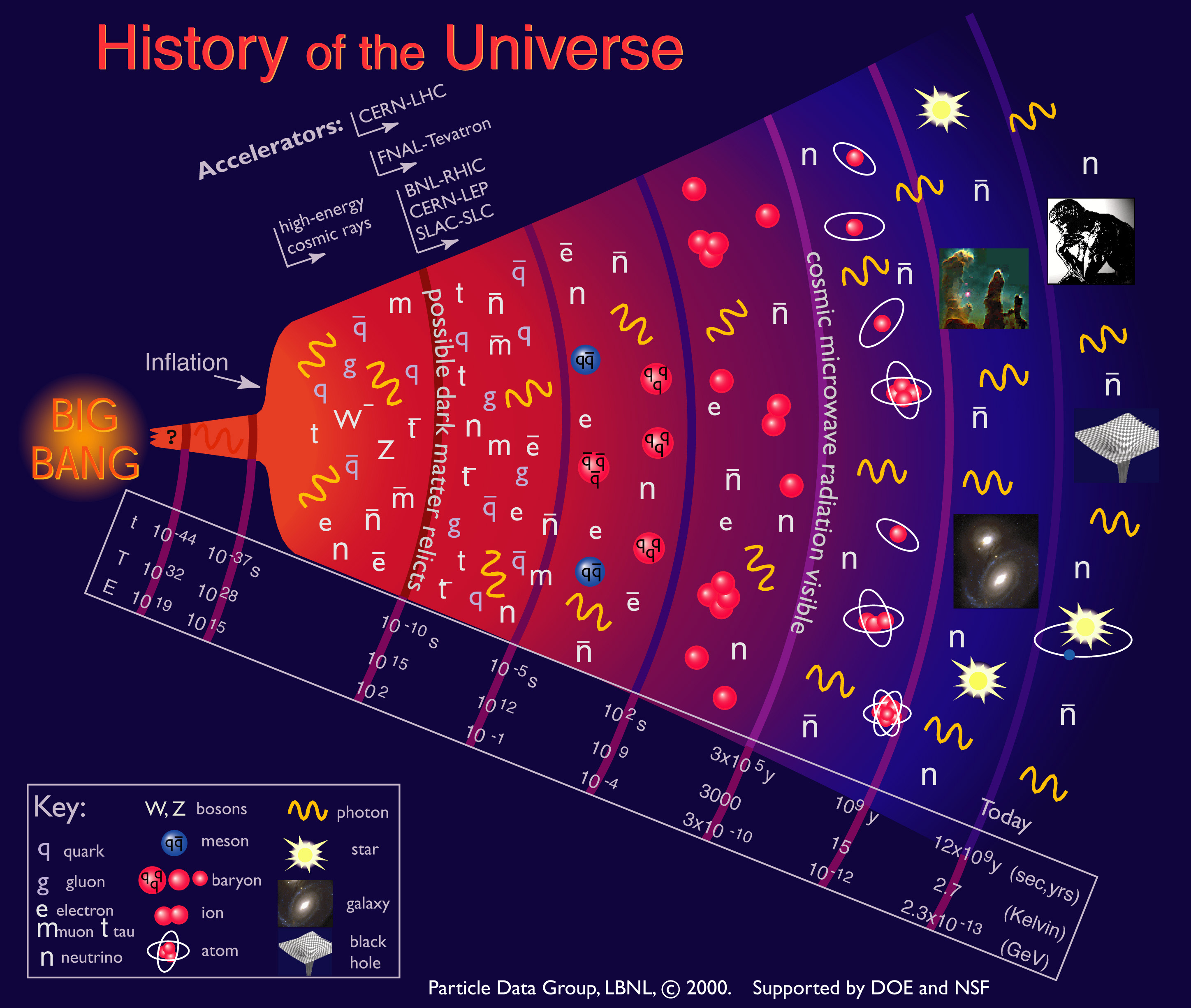How Did the Universe Begin? Exploring the Scientific Evidence
The Scientific Evidence for an Ancient UniversePermalink
Modern science has provided overwhelming evidence that the universe is billions of years old, not just thousands. Radioactive dating of the oldest rocks on Earth indicate they are over 4 billion years old. primordial organic matter dating even further back has also been discovered through careful analysis. The further we look out into space, the further back in time we see due to the finite speed of light. Telescopic observations reveal galaxies billions of light years away, indicating an ancient expanding universe.

Tracing the Evolution of the Early UniversePermalink
Careful analysis of the cosmic microwave background reveals subtle fluctuations that correspond remarkably well to predictions of the Big Bang model. Temperature variations in this primordial radiation provide a window into when the universe became transparent around 380,000 years after the hypothesized beginning. Further observations by weather balloons and satellites find this matches theoretical calculations for an expanding universe originating approximately 13.8 billion years ago from an extremely hot and dense initial singularity.
What Can the Fossil Record Reveal?Permalink
The order of appearance of life forms within the fossil record follows the sequence one would predict from the established geological timescale. Simple bacterial life is present in the oldest rock formations dated to over 3 billion years ago. Multicellular life evolved several hundred million years later followed by increasingly complex plants and animals. Dinosaurs arose around 230 million years ago and went extinct 65 million years ago, correlating with an asteroid impact. By examining the layers of rock and the transition of fossil types, scientists can construct a timeline of life on Earth over billions of years.
Biblical Insights on CreationPermalink
A close reading of Genesis reveals the “days” of creation refer not to literal 24-hour periods but rather broad undefined eras of time. In Hebrew, the word can also mean “epoch.” This aligns with scientific evidence that the ordering of creative events detailed in Genesis 1 correlates to the natural progression revealed by physics, astronomy, geology and evolutionary biology over eons rather than days. God speaks all things into being through his word, aligning with the discovery that the universe originated from a single point roughly 13.8 billion years ago.
Reconciling Science and ScripturePermalink
When interpreting Genesis through the lens of its ancient Near Eastern cultural context instead of a modern literalist viewpoint, its purpose as a theological document rather than scientific textbook becomes clear. It conveys humankind’s relationship to God and purpose rather than providing a step-by-step factual timeline. The universe’s beginning can be understood both through scientific inquiry into the natural world God created and through scripture revealing our origin and destiny in relation to the divine Creator. An old earth view reconciles both by recognizing the biblical account speaks on a spiritual rather than chronological level.
Continued Scientific AdvancesPermalink
As technology enables scientists to probe deeper into space and time, our knowledge of cosmology and astrophysics continues advancing. The James Webb Space Telescope promises new insights when it begins operations in 2022. Its significantly larger light-collecting area and infrared vision will detect the first galaxies and stars forming after the Big Bang. Satellite missions also extend our discovery of exoplanets, peering at worlds beyond our own solar system. While inquiry remains ongoing, the preponderance of evidence accumulated so far overwhelmingly indicates an ancient universe of nearly 14 billion years aligning with scripture when properly interpreted. Both science and faith point to the magnificence of God’s handiwork playing out across the vast reaches of space and ages of history.
Where Does This Leave Us?Permalink
By recognizing the limitations but also significance of both scientific findings and biblical texts, a richly integrated understanding can be attained. Faith need not conflict with evidence, and inquiry need not dismiss the spiritual. With open and seeking minds, we continue learning about God and His creation. Though questions remain, what’s overwhelmingly clear is the universe sprang into existence long ago through means beyond human comprehension. While its age staggers, its Creator is eternal and intimately involved. The unfolding story revealed through nature and scripture inspires awe at the master designer whose works ever proclaim His glory.

